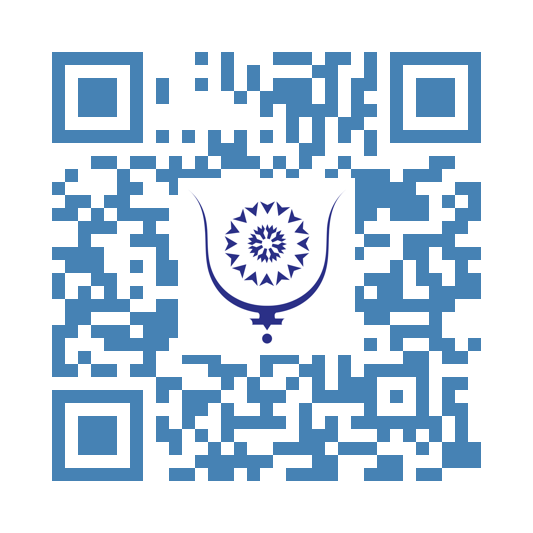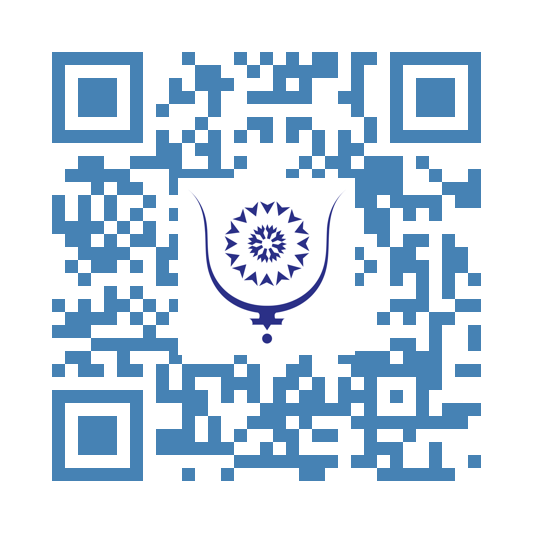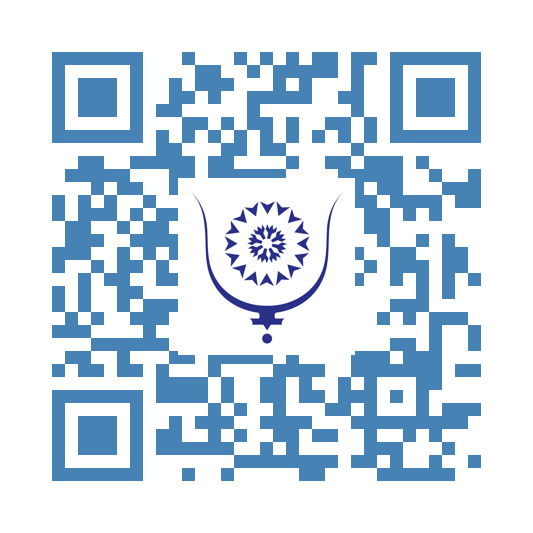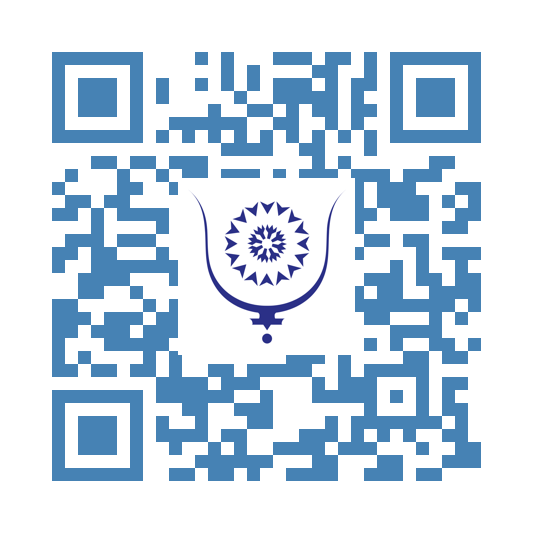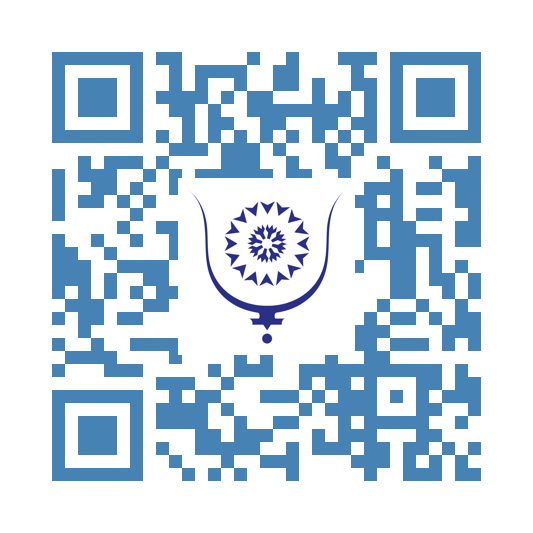The flower of my dreams
197
The flower of my dreams
Oh ! Flower of my dreams grown in my heart
And that they took me away
Wrongly, what a horror!!
hands have crumpled it cruelly
Yet her beauty dazzled the eyes
A gift from the God of heaven
She bewitched young and old
Now the fire of my passion has gone out
My heart lies empty and bruised
I sacrificed my life
I lost the rhythm of my melodies
And like a bird perched on a branch I dare
sing to my faded, to my rose
Poetry and prose
Hoping to see her resurrected
And regain its former splendor
Thus dreams hopes will be reborn
She will shine with her beauty
And will be the star of my bouquet
Inspired by the song of Farid Al Atrache (يا زهرة في خيالي)
Dr Fouad Bouchareb
July 19, 2022
All rights reserved
Share:
The flower of my dreams
copy:
https://bluwr.com/p/230007194
The Picatrix
525
The Picatrix is one of the most influential and enigmatic texts in the history of Western esotericism. Originating in the Islamic world under the title Ghāyat al-Ḥakīm (“The Goal of the Wise”), the Picatrix is a comprehensive treatise on astrology and magick—the practice of harnessing celestial forces to affect material and spiritual realities. Written in Arabic in the 10th or 11th century and later translated into Latin in the 13th century, the Picatrix became a cornerstone of Renaissance occult philosophy, influencing figures such as Marsilio Ficino, Cornelius Agrippa, and Giordano Bruno. Today, it remains a vital source for students of Hermeticism, ceremonial magic, and astrological thought.
The text is attributed “al-Majriti,” a name linked to the 10th-century Andalusian scholar Maslama al-Majriti, though its true authorship remains uncertain. The Picatrix is composed of four books, comprising am extensive body of magical theory and practice derived from Greek, Persian, Indian, and Arabic sources. It synthesizes astrology, natural philosophy, alchemy, talismanic magic, and cosmology into a grand vision of the universe as a living, interrelated system of energies that can be accessed and manipulated by the initiated practitioner.
At its core, the Picatrix presents a worldview in which everything is connected through celestial correspondences. The stars, planets, and zodiac are not merely distant bodies, but intelligent forces (often referred to as spirits or intelligences) that shape life on Earth. By understanding the timing, nature, and hierarchies of these celestial influences, the magician can create talismans, perform rituals, and engage in spiritual ascent. These practices are meant not only to acquire worldly benefits—such as love, protection, wealth, or knowledge—but also to align the soul with the divine order of the cosmos.
The Picatrix outlines:
- Detailed planetary correspondences, including planetary spirits, colors, stones, herbs, animals, and incenses;
- Astrological timing for magickal operations, especially elections for creating talismans and invocations;
- Rituals for contacting planetary intelligences or channeling their power into material forms;
- Philosophical and spiritual foundations, arguing that magick is a divine science requiring purity of soul and alignment with the One.
Importantly, the Picatrix treats magick as a sacred art, not merely a mechanical or superstitious activity. Its author warns repeatedly that the true magician must be a philosopher, guided by intellect, discipline, and virtue. In this sense, the text reflects a Neoplatonic essence, where matter is seen as a shadow of spirit, and magick as a bridge between the visible and invisible worlds.
The language of the Picatrix is often dense, symbolic, and encoded. It contains long lists of ritual ingredients, planetary names, and talismanic configurations. Some of its instructions are highly technical; others are deeply mystical, involving dream incubation, purification, meditative states, and ecstatic union with celestial beings. This dual nature—simultaneously scientific and mystical—has made the Picatrix a text of enduring fascination.
Its influence on Renaissance occultism was immense. Translators and scholars such as Albertus Magnus, Pietro d’Abano, and Marcilio Ficino drew upon its doctrines in the development of astral magic and natural philosophy. Even today, the Picatrix is considered a masterwork of magical cosmology, representing one of the most complete works of how the stars and the soul interact.
To summarize, the Picatrix is not simply a magickal grimoire—it is a profound philosophical treatise on the structure of reality and the place of humanity within it. It teaches that the macrocosm and microcosm are reflections of one another, and that the wise—through discipline, knowledge, and intention—can influence one to elevate the other. As such, it stands as a remarkable synthesis of astrology, magic, and metaphysics, offering both a roadmap for practical sorcery and a guide for spiritual ascent.
Share:
The Picatrix
copy:
https://bluwr.com/p/227545631
Pigeon
709
I saw a pigeon in the valley
who was crying in sorrow and called in vain
his lover who left him this morning
He repeated to anyone who would listen to him
how much his heart although tender
feels now emptied of love
after this departure that left him as dead
He lost the joy of living
and love in turn
He finds this journey through the desert quite long
and no one is there to keep him company
It’s obvious he misses her and it’s quite clear
And sinks into sadness and melancholy
Even with time it is impossible for him to forget
the one he nevertheless loved madly
In love, his heart is well bruised
and does not help him overcome so much spite
And even if his appearance seems royal
His state of mind is so pitiable
Translated by Dr Bouchareb Fouad
October 19, 2022
All rights reserved
Share:
Pigeon
copy:
https://bluwr.com/p/226232640
Human Rights Council: International Support for Morocco’s Sovereignty over Its Southern Provinces, a Setback for the Separatists...
825
At the opening of the 59th regular session of the United Nations Human Rights Council, held in Geneva at the Palais des Nations from June 16 to July 9, 2025, the Moroccan ambassador Omar Zniber delivered a solemn statement on behalf of about forty countries, reaffirming their full and complete support for Morocco’s sovereignty over its Southern provinces. The ambassador boldly emphasized that Morocco has maintained for years a “constructive, voluntary, and profound” cooperation with the Office of the High Commissioner for Human Rights (OHCHR), tirelessly working to promote and respect human rights throughout its entire territory, including, of course, in the said provinces. Zniber did not hesitate to underline, on behalf of the group, that the UN Security Council has consistently praised in its resolutions the key role of the national and regional human rights commissions in Dakhla and Laâyoune, as well as the Kingdom’s transparent and efficient collaboration with the OHCHR’s special mechanisms and procedures.
Furthermore, the ambassador highlighted the recent opening of multiple consulates general in Laâyoune and Dakhla, describing this dynamic as an “essential lever” to stimulate economic cooperation, investment, and local development for the benefit of the populations, thereby contributing to regional and continental development. He did not mince words in recalling that the so-called Western Sahara issue falls exclusively under the Security Council’s remit, which unequivocally recognizes the relevance and credibility of the Moroccan autonomy plan presented in 2007; a plan that the Security Council acknowledges as a serious and pragmatic solution to the artificial dispute, a legacy of bygone times. On behalf of the same group, the ambassador expressed unconditional support for UN efforts aimed at reviving the political process within the framework of the Geneva roundtables and in accordance with Security Council resolutions, notably resolution 2756 of October 31, 2024. This resolution, it should be recalled, advocates a realistic, pragmatic, and durable political solution based on compromise.
Finally, Ambassador Zniber stressed that resolving this dispute will “undeniably respond to the legitimate aspirations of the peoples of the region in terms of integration and development,” a vision that Morocco strives to realize through sincere and continuous efforts.
This timely intervention comes as the World Human Rights Council and the United Nations Security Council have recently addressed the so-called Western Sahara issue in a context marked by the nervousness and incoherence of separatists and their sponsor.
The Security Council had extended the mandate of MINURSO until October 31, 2025, emphasizing the importance of continuing negotiations under UN auspices.
Resolution 2756 was adopted, it must be noted, by 12 votes in favor, 2 abstentions, and no votes against. The Security Council insists on a “realistic, pragmatic, durable, and mutually acceptable” political solution based on compromise. The text supports the action of the Secretary-General and his personal envoy to facilitate negotiations. It also encourages cooperation with the OHCHR to improve the human rights situation, while completely disregarding and rejecting the amendments proposed by Algeria aimed at expanding MINURSO’s mandate to “record human rights violations.”
All recent Security Council resolutions and reports tend to recognize the Moroccan autonomy initiative as a serious and credible solution and strongly emphasize the necessity of including Algeria in the roundtables, highlighting and confirming its essential role in the dispute, which it strives to perpetuate by any means. This orientation is seen as favorable to Morocco, which enjoys growing international support, notably with the opening of numerous consulates in the two major cities of the concerned provinces and, of course, with the backing of three permanent Security Council members and more than 116 other countries.
Paradoxically, so-called Sahrawi human rights defenders dared the perilous exercise of testifying before the UN Special Committee on Decolonization (C-24), alleging serious violations committed by Moroccan forces, violations of which they seem to be the only ones aware. They denounced abuses described as war crimes and crimes against humanity, nothing less. In ridiculous language excesses that the audience paid no attention to, they spoke of systemic repression, harassment, and marginalization of Sahrawi activists. Undoubtedly, they had in mind what happens in the Tindouf camps. Despite the audience’s indifference, which never took them seriously, these pseudo-defenders called for the urgent establishment of a UN mechanism to monitor and protect human rights in the region.
Short of arguments and constructive proposals, Algeria makes them repeat talking points that only they seem to believe, and even then, barely.
The Polisario Front, in its delirium, goes as far as to consider Morocco’s candidacy for the presidency of the UN Human Rights Council as an affront, speaking of illegality and Moroccan occupation of Western Sahara.
These tribulations will obviously remain without follow-up or effect, except to deceive the Algerian people into swallowing numerous bitter pills and enormous budgets wasted on a cause from which they do not benefit; colossal sums sunk into a lost cause since 1976. The Polisario and the so-called petitioners also aimed to soothe the wounded hearts of the Tindouf detainees, making them believe they live in a better world than on the other side of the border.
The World Human Rights Council and the UN Security Council have actually adopted very clear texts that, while recognizing the need for a political solution, lean in favor of the Moroccan position, notably by recognizing its autonomy initiative and maintaining a negotiation framework including Algeria. These decisions and resolutions have all remained insensitive to the pleas of the separatists, ironically supported by Algeria, of course, and by countries all flagged by the World Human Rights Council for serious violations committed against their own nationals, which is not the case for the Kingdom, including, of course, in its Southern provinces, hence the ease with which Moroccan diplomats intervene before these bodies, it must be recalled.
Share:
Human Rights Council: International Support for Morocco’s Sovereignty over Its Southern Provinces, a Setback for the Separatists...
copy:
https://bluwr.com/p/225661270
To all women I live ❤️
911
To all the women I love
Great and sublime celebration
that makes my head spin
For great ladies
We love all these women
who stand up to us
for much greater equality
of friendship and fraternity
What would we be without these beautiful creatures!
Gift from heaven, jewels of nature?
With hearts completely made of gold
Avoiding harming us
Full of love and passion
Pride of the entire nation.
These grandmothers we adore
These mothers we love
These aunts we cherish
These wives we adore
These sisters we protect
These colleagues we rub shoulders with
For the love we share
So happy birthday, ladies
Open your sesame to us
Because without us men
And despite all our faults
Our presence with you
Is not superfluous
Far from it…
Dr. Bouchareb Fouad
All right are reserved
Share:
To all women I live ❤️
copy:
https://bluwr.com/p/224884701



